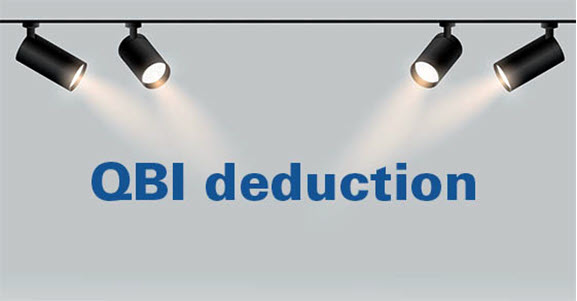If you’re unsure about the rules for deducting business meals and entertainment expenses, you’re not alone. Recent changes to federal tax laws have left many business owners seeking clarity. Below we will break down what you can and can’t deduct in 2024 to help you maximize your tax benefits while staying compliant with IRS regulations.
Current Rules for Business Meal and Entertainment Deductions
The Tax Cuts and Jobs Act (TCJA) significantly altered the landscape for deducting business-related entertainment expenses. Most entertainment costs, such as treating clients to golf outings or sporting events, are no longer deductible.
However, business-related meal expenses remain partially deductible. You can generally write off 50% of the cost of food and beverages, provided they are related to business activities or consumed during business-related entertainment.
What Food and Beverage Costs Are Deductible?
The IRS broadly defines food and beverage expenses to include everything from meals to snacks, as well as associated costs such as sales tax, delivery fees, and tips. For these costs to qualify as 50% deductible, the following conditions must be met:
- Purchased Separately: The food and beverages must be purchased separately from entertainment activities. Alternatively, they can appear as a separate item on a bill, invoice, or receipt showing the standard selling price of the food and beverages.
- Reasonable Value: If they aren’t purchased separately, you can deduct 50% of the reasonable value of the food and beverages.
Key Requirements for Business Meal Deductions
For a 50% deduction to apply, the following conditions must be satisfied:
- The meal must not be lavish or extravagant under the circumstances.
- You or an employee of your business must be present at the meal.
- The meal must involve a business associate — someone with whom you expect to conduct business, such as a client, prospective customer, supplier, or employee.
Pro Tip: You can even deduct 50% of the cost of a business meal for yourself, such as when working late into the night.
Deductions While Traveling on Business
When traveling for work, you can deduct 50% of the cost of meals. However, it’s important to keep detailed records, including receipts, to substantiate your expenses.
Note that meal expenses for spouses, dependents, or others accompanying you on a business trip are generally not deductible unless:
- The individual is an employee of your company.
- The trip is for legitimate business purposes.
100% Deductible Business Meal and Entertainment Expenses
Certain meal and entertainment expenses remain 100% deductible under IRS regulations, including:
- Employee Events: Costs for recreational activities benefiting all employees, such as holiday parties or team-building events.
- Public Events: Food, beverages, and entertainment offered at promotional events open to the public.
- Customer Sales: Meals or entertainment sold to customers at full value.
- Taxable Compensation: Costs reported as taxable income to employees or non-employees (e.g., a prize dinner cruise reported on Form 1099).
- Restaurant or Catering Businesses: Food and beverages provided to paying customers and consumed by employees at the worksite.
Navigating Complex Rules
Understanding IRS rules for business meal and entertainment deductions can help you reduce your taxable income, but the regulations can be nuanced. For example, mixing entertainment and meal expenses on the same bill can create complications unless they are clearly itemized.
Bottom Line
While deductions for business-related meals and entertainment expenses are still available in some situations, navigating the rules requires careful attention to detail. Maximizing these deductions can save you money, but compliance is essential to avoid IRS scrutiny.
Have questions or need assistance with your business deductions? Contact us today to ensure you’re leveraging every allowable tax benefit.
Optimize Your Business Tax Strategy in 2024
Understanding what you can and can’t deduct for business meals and entertainment can make a big difference during tax season. Stay informed and proactive to make the most of your eligible expenses.






